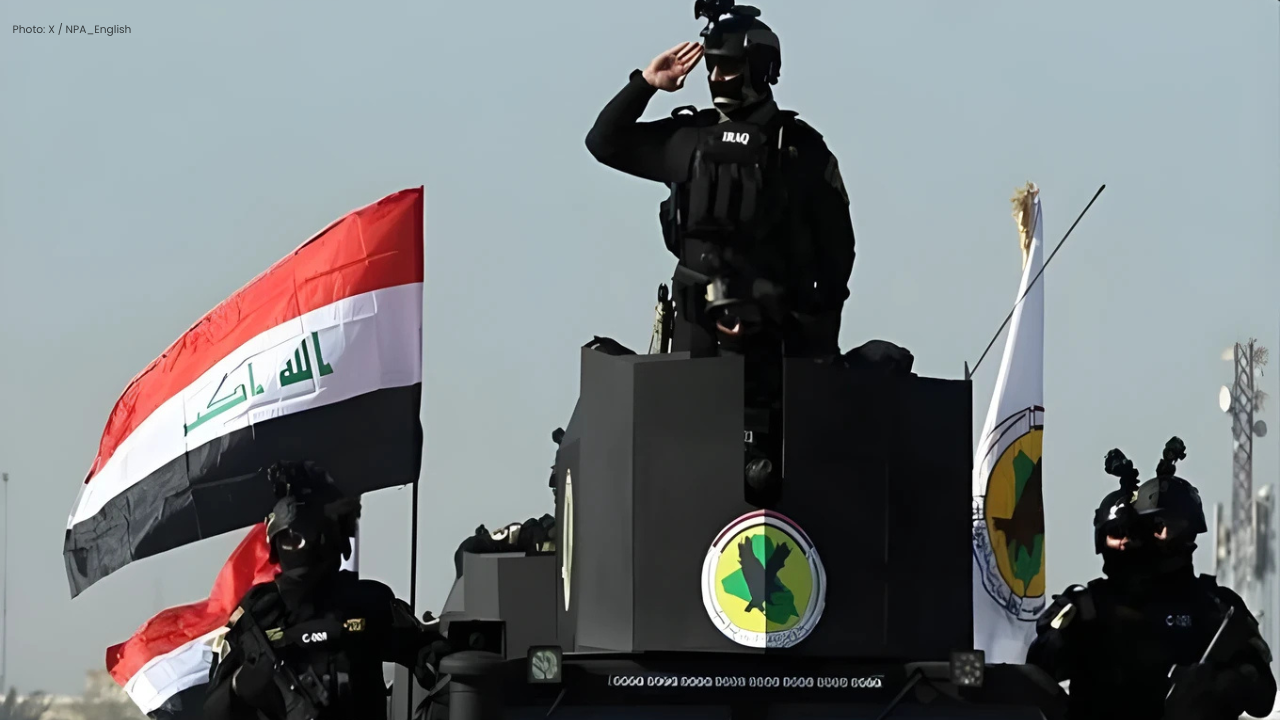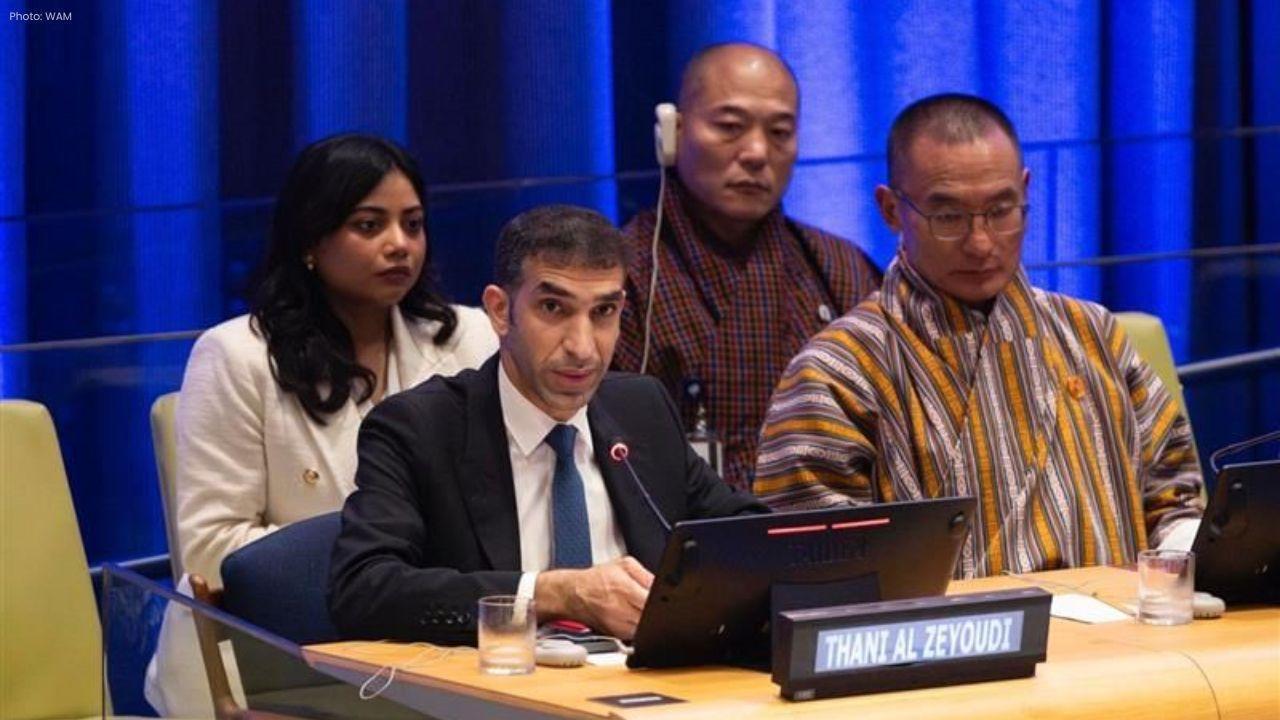
Post by : Naveen Mittal
Iraq’s counterterrorism forces have confirmed that a high-ranking Islamic State leader was killed in a joint operation in Syria, carried out with support from the U.S.-led international coalition. The announcement was made via Iraq’s state news service, underlining continued efforts to dismantle the remnants of the extremist group.
The deceased leader, known by the alias Abdul Rahman Al-Halabi (also named Omar Abdul Qader Bassam), was described by Iraqi authorities as a key figure in Islamic State’s external operations and overall security apparatus. He was alleged to have orchestrated or overseen attacks in multiple countries and to have been instrumental in planning operations abroad.
Officials say the operation was carefully planned with intelligence cooperation between Iraq’s forces and the U.S.-led coalition. This is part of a wider regional push targeting Islamic State leadership and networks in Syria following destabilization in the region. Syria’s evolving political situation and conflict dynamics have given space for IS sleeper cells to attempt regrouping, which makes such joint operations critical.
While the full extent of his influence remains under assessment, it is reported that Al-Halabi was responsible for plotting attacks beyond Iraq and Syria, possibly in Europe. These operations were foiled or prevented in many cases, according to Iraqi security sources.
This development signals a renewed commitment from regional and international actors to prevent IS from regaining territory or influence. By removing key leaders, intelligence agencies hope to diminish the group’s ability to coordinate complex operations, finance itself, and inspire followers. However, experts warn that the defeat of individual leaders does not fully end the threat. IS has shown resilience: cells remain active, and the ideologies that fuel them continue to spread, especially in frequently unstable zones.
For civilians in Syria and neighbouring countries, this success may bring temporary relief, but the long road ahead involves stabilizing territories, restoring governance, and rebuilding trust in state institutions. The announcement also highlights the importance of maintaining intelligence sharing, joint operations, and counterterrorism cooperation as tools for preventing future radicalization and attacks.
IS leader killed, Iraq security operation, Islamic State, Syria, counterterrorism, US-led coalition










Brazil's Surplus Clean Energy Attracts Crypto Miners
Brazil's excess renewable energy is luring cryptocurrency miners. Companies like Tether and Renova E

Visa Tests Stablecoins to Make Global Payments Faster
Visa is testing stablecoins for international payments, aiming to speed up transactions and reduce t

Opera Unveils Neon AI Browser for Smarter Web Browsing
Opera introduces Neon, an AI-powered browser that automates tasks and enhances privacy, aiming to re

Albanese Visits Sheikh Zayed Grand Mosque in Abu Dhabi
Australian PM Albanese tours Sheikh Zayed Grand Mosque, highlighting peace, tolerance, and cultural

Eutelsat Seeks More EU Investment to Compete with Starlink
Eutelsat aims to close funding gap to challenge Starlink's dominance in satellite internet, with Fra

India Receives Above-Average Monsoon Rains for Second Year
India experiences above-average monsoon rainfall for the second consecutive year, boosting agricultu